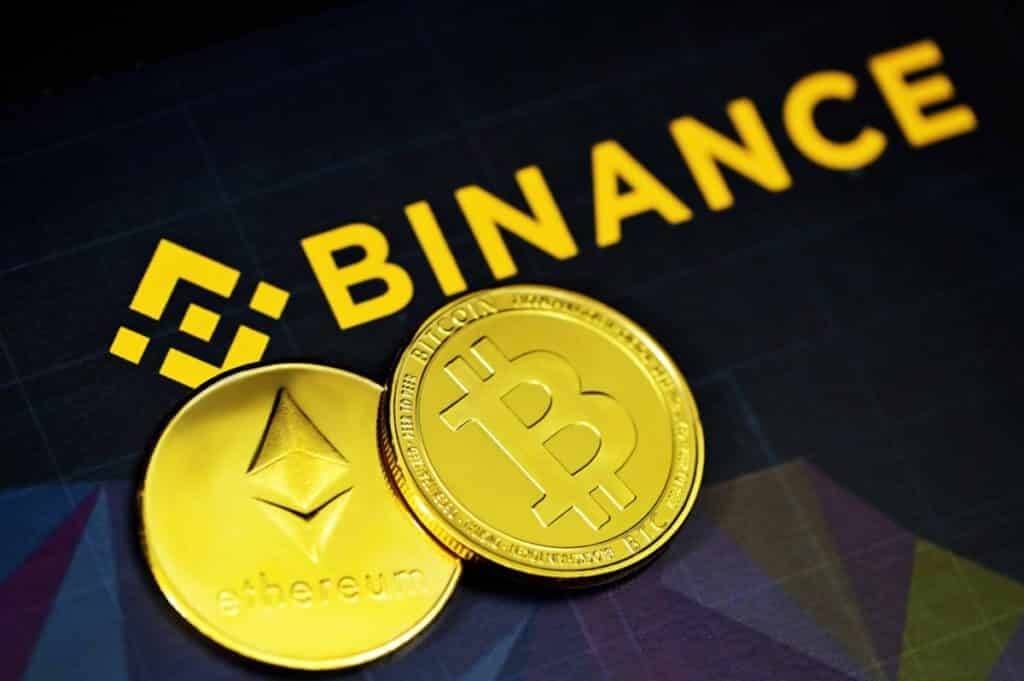Binance is penalized with a $3.3M Fine
The Dutch Central Bank is penalizing Binance with $3.3 million. The crypto exchange provided its services without the authorization of the DCB. Basically, Binance violated its rules by providing cryptocurrency services in the Netherlands without first registering with the bank. Which is a requirement anyone has to meet according to Netherlands law.
The central bank warned the public this time last year. They were flat out referring to its services as illegal and advising their consumers to not do their business with them. The regulator made it clear that Binance was culpable in this situation. It was the reason why the fundamental amount of the fine was high. However, Binance’s recent application for regulation worked in its favor and reduced the overall fee.
The criticism and controversy surrounding this event highlight the divergent perspectives among European banking regulators on the matter. Some like the UK’s FCA did not believe the crypto exchange could be seen as complex and high-risk financial products that constitute a major danger to consumers. Binance is the largest and most popular provider of cryptocurrency services globally. It has a daily trading volume of more than 13 billion dollars. However, the sizable user base in the Netherlands seems to think otherwise of the highly regarded crypto exchange.
Is Binance trustworthy?
Binance provides a variety of trading alternatives, including margin trading and trading in fiat currencies. Concerns concerning Binance’s reputation are a popular topic of discussion. The transaction has a good standing with the authorities, nevertheless. Additionally, Binance is one of the few exchanges that has received approval from the China Banking Regulatory Commission, the country’s financial regulator. One of the few exchanges that have received approval from the Financial Services Agency, Japan’s financial regulator, is Binance. In general, Binance is a reputable and well-known cryptocurrency exchange.
Recently, nations including Spain, France, and Italy have given Binance the go-ahead to operate. However, the Markets in Crypto-assets law has made it more difficult for exchanges to expand. The examination is the most recent indication that market regulators might obstruct the cryptocurrency industry’s plans to become more widely accepted by American investors. Virtual currencies like Bitcoin and Ether are regarded as commodities by the CFTC, which also asserts control over their futures and other derivatives. This implies that regardless of where cryptocurrency exchanges are situated, they must meet severe requirements for customer security and regulation if Americans are trading on their platforms.

